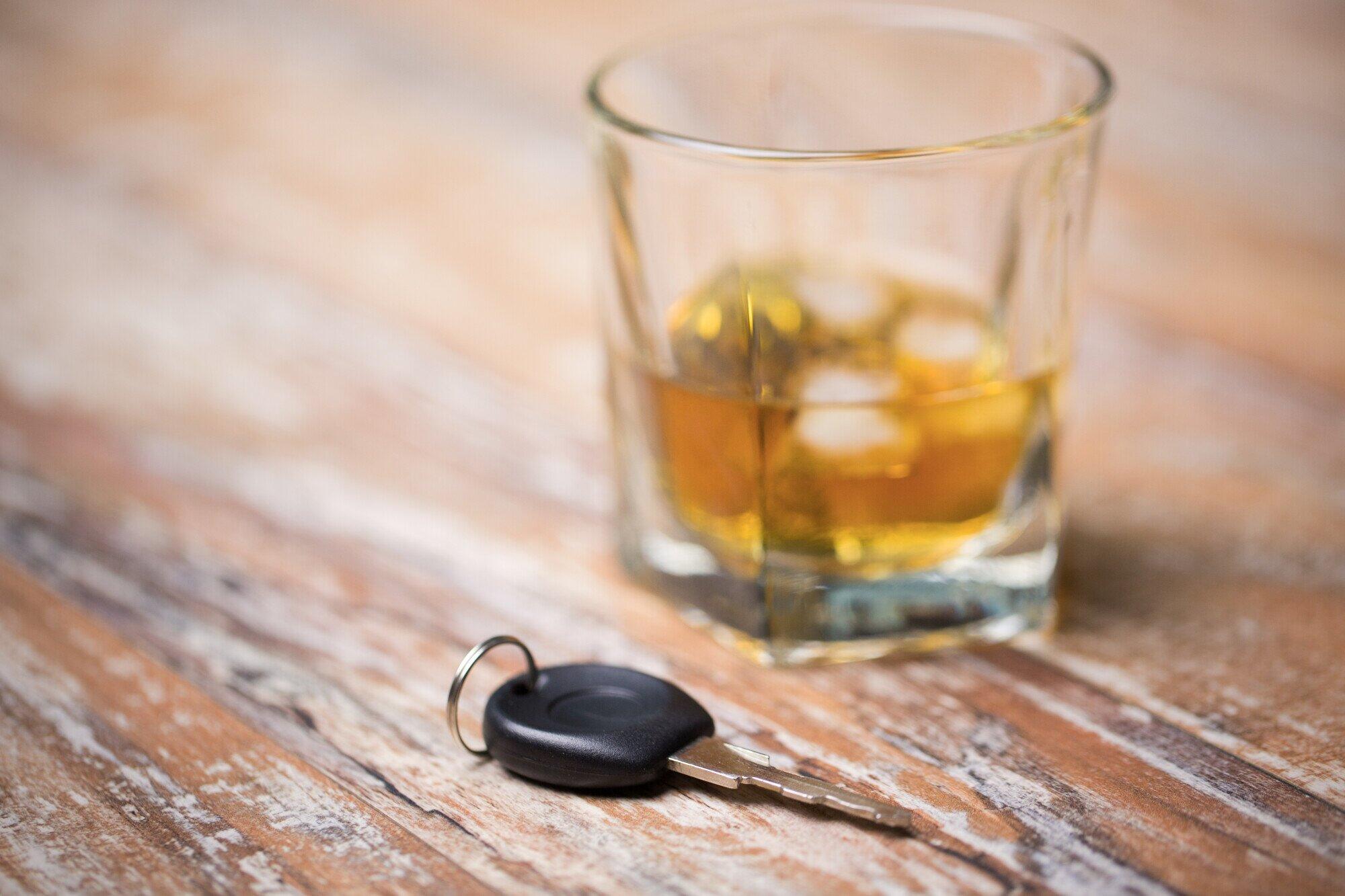There were over 1 million DUI arrests in the United States in 2018.
Many of these charges lead to expensive fines and other costs for the arrested person. However, a lot of the DUI cases brought by state prosecutors stand on shaky legal ground. If you’ve been arrested for driving under the influence, you should know that you have options. Read on as we look at how to fight a DUI.
Different DUI Charges.
To properly plan your approach to a DUI charge, you must first consider what exactly you’ve been charged with. There are a large number of different DUI classifications. Depending on the state you’re in, these may vary in severity, or they may simply be different ways of describing the same offense.
In California, DUI charges fall under one of six categories. We’ve listed them here in order of ascending severity.
- First Offense Misdemeanor DUI
- Second Offense Misdemeanor DUI
- Third Offense Misdemeanor DUI
- DUI With Injury (Misdemeanor)
- First Offense DUI With Injury (Felony)
- Felony DUI
The penalties vary significantly as you go down this list. A First Offense Misdemeanor DUI will attract a maximum of six months in county jail, a $1,000 fine, six months with an ignition interlock device, and nine months of DUI school.
A Felony DUI, on the other hand, can get you as much as three years in state prison, five years off the road, and 30 months of DUI school. In all cases, the specific penalty will depend on whether anyone was injured because of your intoxicated driving.
How to Fight a DUI.
You might wonder how you can fight a DUI once a police officer has tested you and made an arrest. The truth is that an arrest is only a small part of a conviction, no matter what crime you stand accused of.
Everyone is protected by the constitutional right to fair procedure. No police officer has the right to convict you of a crime; that power rests with the court. The law offers numerous protections to those whose rights are at risk of infringement from an unfair DUI conviction. We’ve listed some of the key examples of this here.
Improper Stoppage.
Police officers aren’t entitled to stop you whenever they please. For a roadside stoppage to be legal, the officer must have had reasonable suspicion that you were either committing a crime or about to commit one.
Unless you gave the officer some concrete reason to believe that you were under the influence (speeding, swaying across the road), their stoppage may have been illegal.
Miranda Violations.
Police officers are obliged to read you your rights (such as the right to remain silent) when they arrest you. Failure to do so invalidates the arrest and charges. See PDF – https://www.uscourts.gov/sites/default/files/mirandawarningfinal.pdf.
Improper Interrogation Practices.
There are certain interrogation techniques that courts view as unlawful. For instance, a police officer is not entitled to interview a suspect without legal counsel present unless the suspect has waived their right to counsel. If you gave evidence as a result of a police officer using improper methods, this evidence should be thrown out.
Necessity.
Necessity is a defense to many different crimes. If you had to drive while intoxicated in order to prevent some greater harm (getting a sick relative to the hospital, for example) a judge might dismiss your case.
Failure to Allow for a Medical Condition.
In many cases, people can appear to be intoxicated due to a medical condition. For example, diabetes can affect your ability to behave lucidly. If you have a condition like this and you did not undergo a breathalyzer test upon arrest, you might well secure an acquittal.
Testing & Storage Issues.
Medical samples must be stored and processed according to very specific conditions in order to ensure that they give accurate results. Lab technicians are required to label them clearly and test them as soon as is reasonably possible. Failure to do this can render them useless as evidence. Without medical samples, many DUI cases have very little evidence to support them.
How to Approach Your DUI Case.
There are a number of things you should do in the lead-up to your DUI hearing (or a hearing for any other offense). Even if you end up with a conviction, these steps are likely to make a judge more lenient when sentencing.
Firstly, do everything you can to make yourself look respectable to the court. Attend all of your hearings on time, dressed formally. As well as this, steer clear of all illegal activity in the weeks leading up to your trial. The last thing you want is to come to the attention of the police again. Of course, in any legal dispute, one of the first things you should do is hire a lawyer. The earlier you take this step, the better your chances are of emerging with a favorable result.
However, you should be careful about who you choose. Only a lawyer with extensive experience of DUI cases can be trusted to deliver the best possible results. Prentiss Law has a proven track record of securing favorable outcomes for DUI clients. You can be sure that he’ll get you the best possible result under the circumstances.
Going Into a DUI Charge with Your Eyes Open.
A brush with the law is never easy. The courtroom can be an unforgiving atmosphere, and fear can tempt people to comply blindly with the process. However, that’s never the only option. If you’re wondering how to fight a DUI, you should know that you have a wealth of options at your disposal. If you’ve recently been arrested for driving under the influence, contact Prentiss Law today to discuss what your strategy should be going forward.



